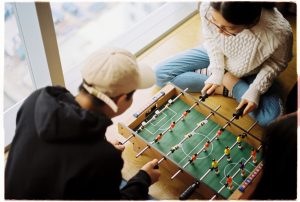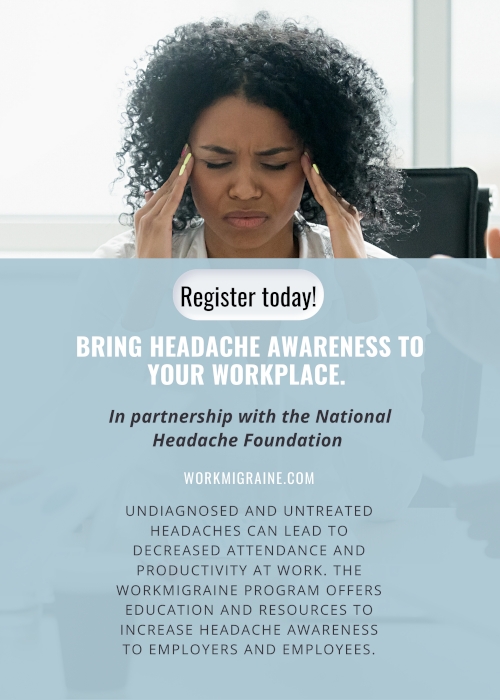Benefits of Recreational Therapy
There are many life skills and simple daily tasks we take for granted. They may come so easily to most of us that we fail to recognize the great impact they have on our overall health. People with disabilities, mental health challenges or other injuries can suffer from a lack of these everyday life skills and general well being. Recreational Therapy provides a solution to this problem.
What is Recreational Therapy

Recreational therapy is defined by any form of activity that contributes to the mental, social and physical health of the patient. Recreational Therapy can take many forms and is as varied as its patients. Recreational Therapists are certified and specialized to tailor a therapy program specifically for each person. Through a series of observations and conversations, a program is developed to promote growth and health.
Recreational therapy focuses on the whole health of a person. Its benefits have even been known to render other therapies or medications unnecessary.
Benefits of Recreational Therapy
People who are suffering from a debilitating injury or illness sometimes suffer from depression and anxiety, isolation and general dependence on others. Recreation activities provide more than just leisure and enjoyment – although those things are more important to your health than you might realize. They are specifically targeted to an individual’s needs.
Recreational therapy promotes independence, mental clarity, socialization skills and exposure, decision-making skills and creative expression. These things all contribute to a quality of life that may otherwise be nonexistent. The things we take for granted, others without them are longing to possess.

Who Can Benefit from Recreational Therapy
Research has shown that recreational therapy can have positive outcomes for a number of different people of all ages. Some examples of types of people whom recreational therapy can benefit are:
- Physically disabled
- Mentally disabled
- Elderly People
- Pediatric Patients
- Developmental Disabilities
- Brain Injuries
- Psychiatric Disorders
Recreational therapy provides a cost-effective way to treat patients. It treats the whole person and provides skills that carry over into all aspects of life.
Examples of Recreational Therapy Activities

Each activity used in recreational therapy is used for a purpose. Patients with Alzheimer’s may use memory games and do crafts that help link synapses in the brain. Individuals with balance issues can try bowling which helps develop balance and strength simultaneously. Exercise, dance, music and other creative expression activities help with a range of mental health illnesses.
Pet therapy is another form of recreational therapy. One type is “Beta Fish Therapy” which can lower blood pressure and depression, simply by observing the tranquil, beautiful fish. Balancing stones on top of one another is a concentration activity that promotes mindfulness and stress management.

If you think you or someone you know may benefit from recreational therapy, talk to your healthcare provider. Most practices have a referral process in place and can direct you to the proper therapy provider.
For more information and resources on Recreational Therapy, visit our National Wellness Calendar. Join us in February as we spread awareness about Recreational Therapy Month by sharing this blog post!

